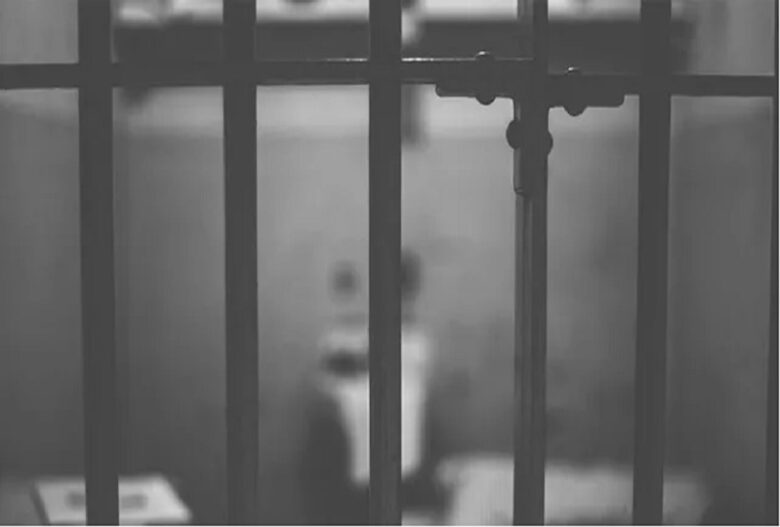In a verdict that has reverberated throughout Egypt and Africa, an Egyptian doctor has been sentenced to death by hanging after being found guilty of raping 93 patients.
The decision, rendered by a criminal court in Egypt, follows a harrowing case that captivated the nation and garnered extensive media attention.
Prior to pronouncing the chilling judgment, the court adhered to the legal protocol for capital punishment in Egypt by seeking consultation with the country’s grand mufti.
The revelation began when a courageous woman filed a report against the doctor, accusing him of coercing her into sexual relations by falsely claiming it was part of an abortion procedure. Subsequently, the clinic, located in Cairo’s Shubra neighbourhood, became the focal point of a police investigation.
Following the doctor’s arrest, a disturbing pattern of abuse unfolded. Investigations revealed that the doctor had exploited his position, conducting abortions for financial gain, and using this as leverage to sexually coerce and blackmail his patients. Surveillance footage from the clinic further implicated the doctor, exposing the assault on 93 patients.
Shockingly, it was discovered that some victims had been assaulted under false pretenses of consent, while others had been drugged and victimised by the doctor.
The uncovering of these appalling crimes sparked outrage, dominating conversations on social media and beyond from the doctor’s arrest to the trial.
The gravity and extent of the doctor’s actions prompted the court to seek the opinion of Egypt’s Grand Mufti, a crucial step for death sentences in the country.
The Grand Mufti’s agreement with the death penalty underscores the severity of the crimes perpetrated within the confines of the clinic.
While extreme, this case brings attention to the darker side of power abuse within the medical field, sparking discussions about trust, ethics, and the vulnerabilities patients encounter.
The sentencing acts not only as a possible deterrent but also as a grim acknowledgment of the atrocities that can transpire behind closed doors.
As the nation navigates the aftermath of this alarming case, the dialogue naturally expands to encompass broader considerations regarding medical ethics, patient safety, and the systems in position to thwart such abuses.









Got a Question?
Find us on Socials or Contact us and we’ll get back to you as soon as possible.